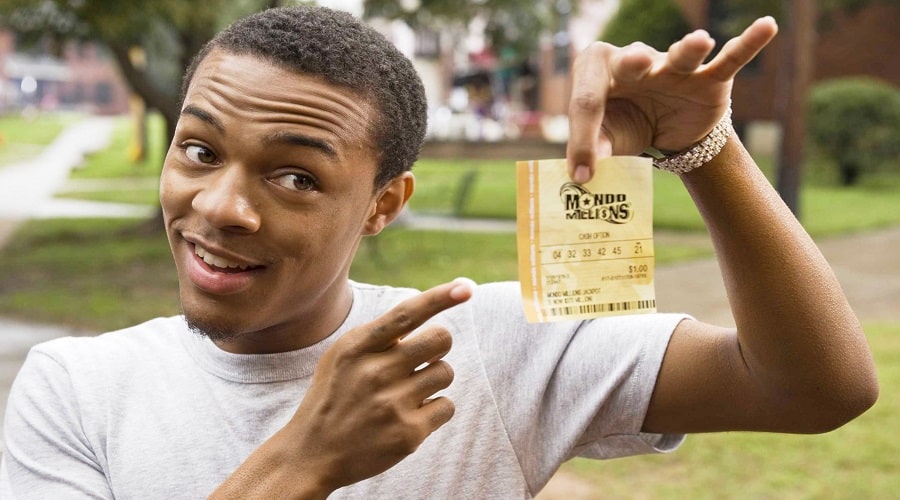There is such a thing as the lottery. What does it mean to the average person?
As far back as France, the phrase jeu de hasard originated. It means “game of chance”. The idea is that there can be no professional players. There is simply no skill, no qualification in this field.
And it is possible that anyone could win such a gambling event.
There are examples of lotteries from Ancient Greece, where they drew lots with a pebble. Whoever drew it got the opportunity to fight to the death with Zeus, the main deity of the time.
There were also models of gambling in Italy, India and China. For 100 years BC in the Celestial Empire, from this gambling game called Keno, the proceeds went to armament and maintenance of the army.
During the Middle Ages, lotteries became similar to today’s lotteries, for example, 5 out of 90 numbers had to be matched.
With the development of gambling, fraudsters also appeared. But excellent examples abound: buildings such as the Opera House in Australia, the British Museum, the universities of Princeton, Harvard, Yale and Columbia: all built largely with lottery winnings.
Statistics show that the lottery is most often played by the middle or lower-middle income population. Many participate not only for the money, but also for the adrenaline that builds up in the customer’s body.

The anticipation of winning engages a person in a whirlwind of thoughts and enjoyment of the options for squandering the winnings. Especially if the ticket is bought with the last stash.
- The champions of lottery purchases are the Germans 800€/year.
- In second place are the British nationals 150 €/year.
- The Spanish are the least likely to win the lottery, with just 1-3€/year.
Winning the lottery is of course an attractive proposition – particularly one with a handsome multi-million pound windfall. But there have been cases of mental breakdown. Having won once, a player, if not financially literate, can make a mistake in handling the money.
There have been cases in history where winners have emptied their jackpots in a year and remained poor for the rest of their lives.
It’s your choice whether to take the risk or not!